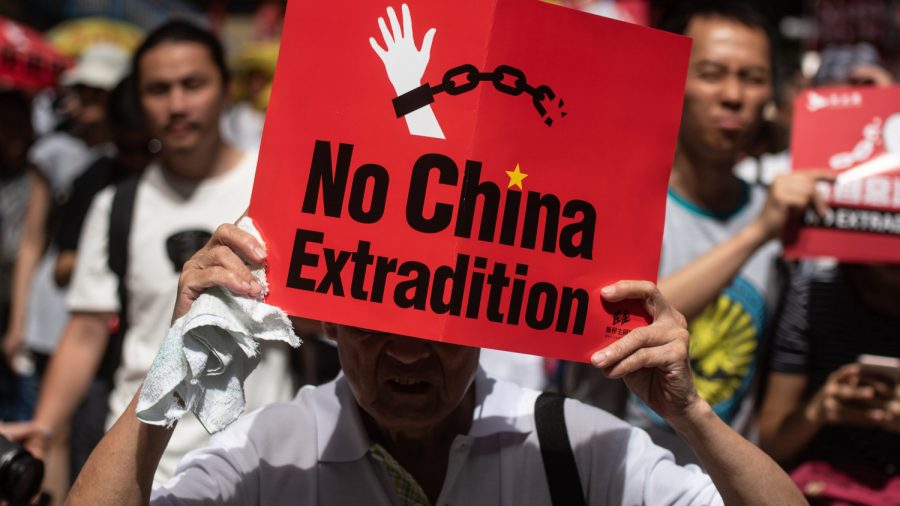After Hong Kong leader Carrie Lam announced on Sept. 4 that the government would formally withdraw an extradition bill that has ignited the city’s largest-ever protest movement, local protesters and pro-democracy activists alike said they would continue to advocate for all their demands to be heard.
Meanwhile, U.S. officials and international rights groups said that Lam’s move was welcome, but not enough to ensure Hong Kong’s freedoms and autonomy.
The withdrawal, a key demand of protesters, came after months of unrest as the government repeatedly refused to back down—igniting sometimes violent clashes with police and resulting in the arrests of more than 1,000 protesters.
Protests began in March but snowballed in June and have since evolved into a push for greater democracy for the city, which reverted from British to Chinese rule in 1997.
Though the Chinese regime promised to preserve Hong Kong’s autonomy and freedoms post-handover, many Hongkongers fear that the bill is the last straw in Beijing’s encroachment. The proposal would have allowed Hong Kong citizens to be sent to mainland China to face trial in the Chinese Communist Party’s opaque legal system, drawing widespread concerns that critics of the Chinese regime would be punished with impunity.
Both U.S. House Speaker Nancy Pelosi (D-Calif.) and Senator Marco Rubio (R-Fla.) called Lam’s withdrawal “long-overdue.” Pelosi urged the “pro-Beijing leadership in Hong Kong” to do more “to fully realize the legitimate aspirations of the Hong Kong people,” including granting universal suffrage. The city’s leader is currently voted in by an electoral committee comprised of mostly pro-Beijing elites.
Rubio directed his statement to the Chinese regime, telling it to “uphold its commitments to Hong Kong’s autonomy and stop aggravating the situation with threats of violence.”
Sophie Richardson, China director at Human Rights Watch, echoed concerns about Beijing’s aggressive rhetoric toward protesters.
She also noted that the timing of Lam’s withdrawal could have to do with Beijing’s upcoming celebrations for the October 1 anniversary of the Chinese Communist Party’s takeover. “Beijing doubtlessly wants people off Hong Kong’s streets by October 1… Presumably the formal withdrawal of the extradition bill—which Hong Kong authorities had declared ‘dead’ earlier in the summer —was among the easiest concessions to achieve that outcome,” Richardson said.
Many groups called on the Hong Kong government to conduct an independent investigation into police actions. “This announcement cannot change the fact that the Hong Kong authorities have chosen to suppress protests in a grossly unlawful way that has seriously damaged the people’s trust and sense of legitimacy of the government,” said Man-Kei Tam, Hong Kong director of Amnesty International in a statement. He called on foreign governments to stop exporting crowd control equipment to the city until a thorough investigation is put in place.
PEN America, an advocacy group for freedom of expression, said that the government’s designation of protests as riots should be dropped. “Hong Kongers should feel free to protest without the fear of police abuse or being tarred as criminals,” said James Tager, PEN America’s deputy director of free expression research and policy, in a statement.
From The Epoch Times

